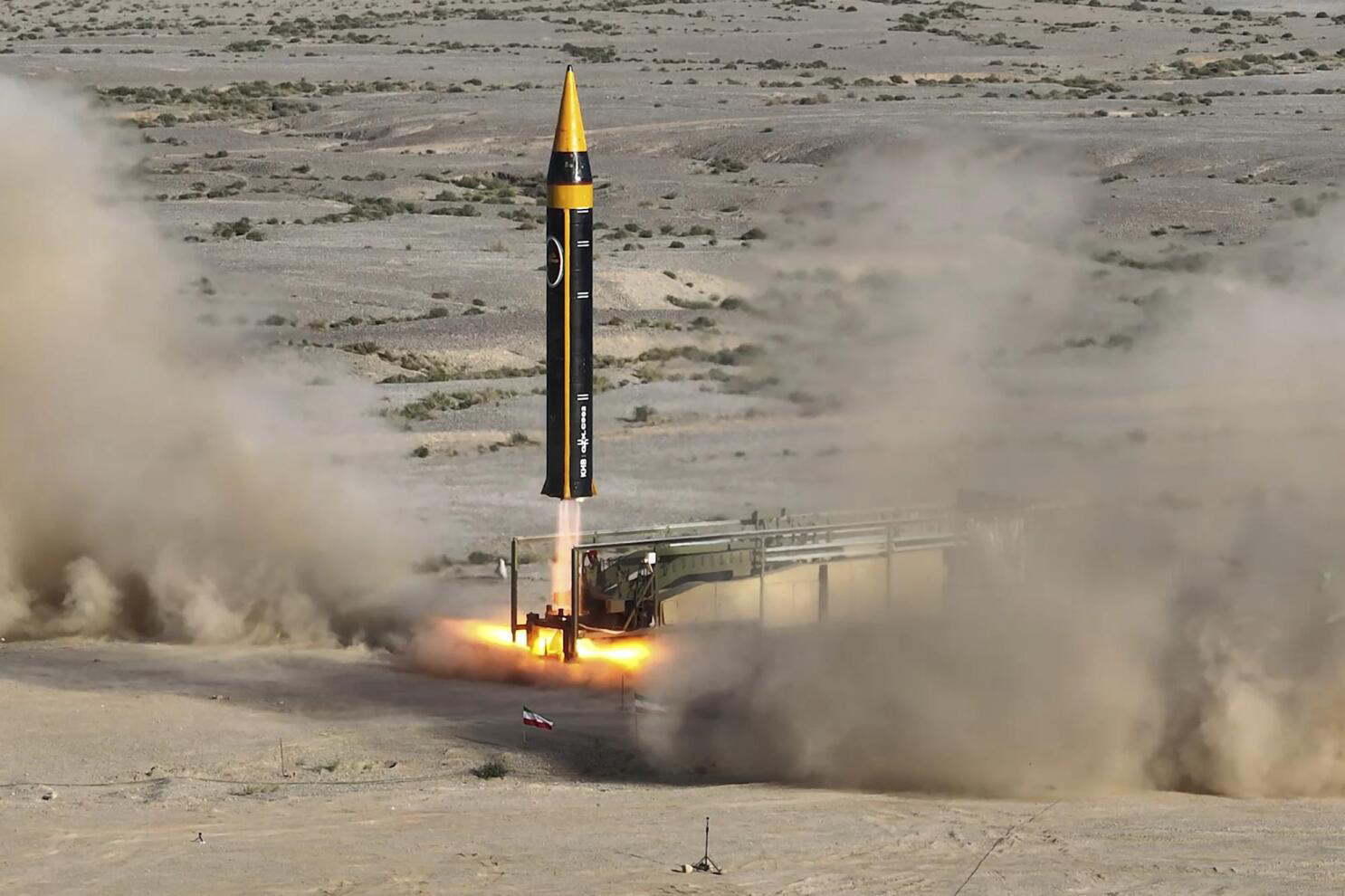Serangan Israel ke Iran yang belakangan ini menjadi tajuk utama media internasional telah memunculkan teori konspirasi yang cukup mengganggu nalar publik. Bukan hanya karena skala dan target dari serangan tersebut, tapi juga karena dampak serta waktu kejadiannya yang dianggap terlalu “kebetulan” untuk tidak dicurigai. Bagi sebagian pengamat, konflik ini bukan sekadar perang antar dua negara musuh, tetapi pertunjukan geopolitik yang lebih besar dengan kepentingan tersembunyi di baliknya.
Banyak kalangan menilai bahwa serangan Israel ke wilayah Iran terjadi justru saat tekanan global terhadap Israel mencapai titik kritis akibat tindakan genosida di Gaza. Citra Israel di Eropa sedang memburuk tajam, dan negara-negara pendukungnya seperti Amerika Serikat pun mulai kesulitan membendung kemarahan masyarakat internasional. Maka, serangan ke Iran bisa menjadi cara paling efektif untuk mengalihkan fokus dan memicu narasi baru tentang “ancaman bersama.”
Tidak sedikit yang meyakini bahwa perang ini memberi keuntungan citra bagi kedua pihak. Di satu sisi, Israel berusaha mengembalikan persepsi bahwa mereka adalah korban dan pelindung dunia dari “rezim berbahaya.” Di sisi lain, pemerintah Iran, yang juga tengah dikritik di dalam negeri, justru memperoleh momentum untuk tampil sebagai pahlawan nasional dengan merespons serangan secara langsung dan berani.
Narasi heroik di Iran pun menguat. Serangan balasan mereka ke Tel Aviv bukan hanya soal balas dendam, tapi juga soal martabat nasional. Pemimpin Iran, yang biasanya dikritik karena isu dalam negeri, kini dipuji karena sikapnya yang dianggap tidak gentar menghadapi musuh bebuyutan. Dalam teori konspirasi, ini disebut sebagai “win-win” dalam permainan geopolitik teater.
Tak hanya soal citra, dampak ekonomi dari konflik ini juga mencurigakan. Harga minyak global melonjak tajam sejak ketegangan meningkat, yang secara langsung menguntungkan perusahaan minyak Barat. Bahkan negara-negara seperti Rusia dan Iran, yang merupakan eksportir minyak besar, ikut diuntungkan secara ekonomi, meski sanksi tetap menjerat sektor energi Iran.
Lebih jauh, skenario ini membuka kemungkinan masa depan yang lebih gelap. Sebagaimana yang terjadi di Irak dan Libya, kekacauan yang diikuti oleh kelemahan internal bisa menjadi celah bagi kekuatan asing untuk “merayakan pesta pora” atas sumber daya alam Iran. Teori ini menyebut serangan Israel sebagai babak awal dari proses pelemahan strategis terhadap Iran.
Pernyataan seorang pejabat Jerman yang menyebut serangan Israel sebagai bagian dari “pekerjaan kotor” Barat juga menguatkan kecurigaan bahwa konflik ini bukan berjalan secara independen, tapi memiliki restu dan dukungan logistik dari aktor-aktor besar di belakang layar. Israel dinilai berperan sebagai eksekutor terbuka dari strategi Barat yang enggan tampil langsung di garis depan.
Di dalam Israel sendiri, konflik ini juga memperkuat posisi politik Perdana Menteri Benjamin Netanyahu. Serangan ke Iran dan respons militer yang masif berhasil mengalihkan perhatian dari krisis politik domestik, ketidakmampuan memulihkan ekonomi karena embargo, hingga aksi protes atas kebijakan-kebijakan yang dianggap hanya bertujuan populisme. Perang menjadi alat efektif untuk menyatukan opini publik di tengah tekanan dalam negeri.
Dengan demikian, kedua pihak tampak saling “membantu” memperkuat posisi masing-masing. Masyarakat dunia hanya disuguhi adegan demi adegan ketegangan yang sebagian besarnya diproduksi dalam narasi resmi, sementara sisi kelam dan kepentingan tersembunyi di belakangnya tetap tertutup rapat.
Namun meski bagi sebagian orang ini tampak seperti sandiwara, sandiwara itu bukan tanpa korban. Roket, drone, dan ledakan sungguhan telah menewaskan puluhan orang, bahkan lebih, di berbagai lokasi yang diserang. Infrastruktur sipil hancur, dan trauma psikologis menjangkiti jutaan jiwa, belum termasuk korban yang terus berguguran di Gaza yang sengaja dikesampingkan dalam wacana publik.
Skenario konflik yang disebut sebagai panggung geopolitik ini menjadi tragedi nyata bagi rakyat sipil yang tak pernah diberi pilihan untuk menentukan arah. Baik warga Israel pendukung perang maupun rakyat Iran yang menghadapi embargo dan perang, keduanya adalah penonton sekaligus korban dalam pertunjukan berdarah ini.
Sebagian analis bahkan menyebut bahwa eskalasi ini bukan tentang siapa yang menang atau kalah, tapi siapa yang paling diuntungkan secara strategis dan ekonomi. Dan bila mengacu pada pola sebelumnya, konflik seperti ini akan terus berlangsung dalam siklus yang berulang, dengan pergantian aktor tapi naskah yang hampir sama.
Wacana konspirasi ini tentu tidak bisa diterima begitu saja sebagai kebenaran tunggal. Namun fakta-fakta di lapangan menunjukkan pola yang tak bisa diabaikan begitu saja. Ketika dua musuh lama saling menyerang tapi hasilnya justru memperkuat kedudukan keduanya, maka patut dipertanyakan: siapa sebenarnya penonton, siapa produser, dan siapa penulis skenario di balik layar?
Konflik Israel-Iran kali ini telah membuka kembali pertanyaan lama tentang integritas dunia internasional. Apakah diplomasi masih relevan? Apakah perang ini tentang ideologi, pertahanan, atau justru bisnis dan kekuasaan global? Pertanyaan-pertanyaan ini terus bergema, seiring terus mengalirnya darah dari medan konflik yang seakan diatur waktunya.
Dalam dunia yang dibentuk oleh narasi, kejujuran sering kali terkubur di balik gempuran opini, propaganda, dan kepentingan. Jika benar konflik ini adalah bagian dari sebuah sandiwara besar, maka yang paling tragis adalah bahwa jutaan manusia menjadi korban dari naskah yang tak pernah mereka pilih untuk lakoni.
Meski belum ada bukti konklusif yang menguatkan teori konspirasi ini, kekuatan narasi dan waktu kejadian yang mencurigakan cukup membuat publik bertanya-tanya. Apalagi jika konflik ini berujung pada perubahan geopolitik besar yang sebelumnya tak terlihat.
Di tengah semua ini, Gaza tetap menjadi luka terbuka yang ditutupi kabut perang di Tel Aviv dan Teheran. Genosida yang dilakukan Israel atas Palestina kini tenggelam dalam riuh rendah perang regional yang bisa jadi memang disengaja. Sebab dalam dunia konflik, terkadang kesunyian satu tragedi hanya bisa dibeli dengan keramaian tragedi lainnya.







